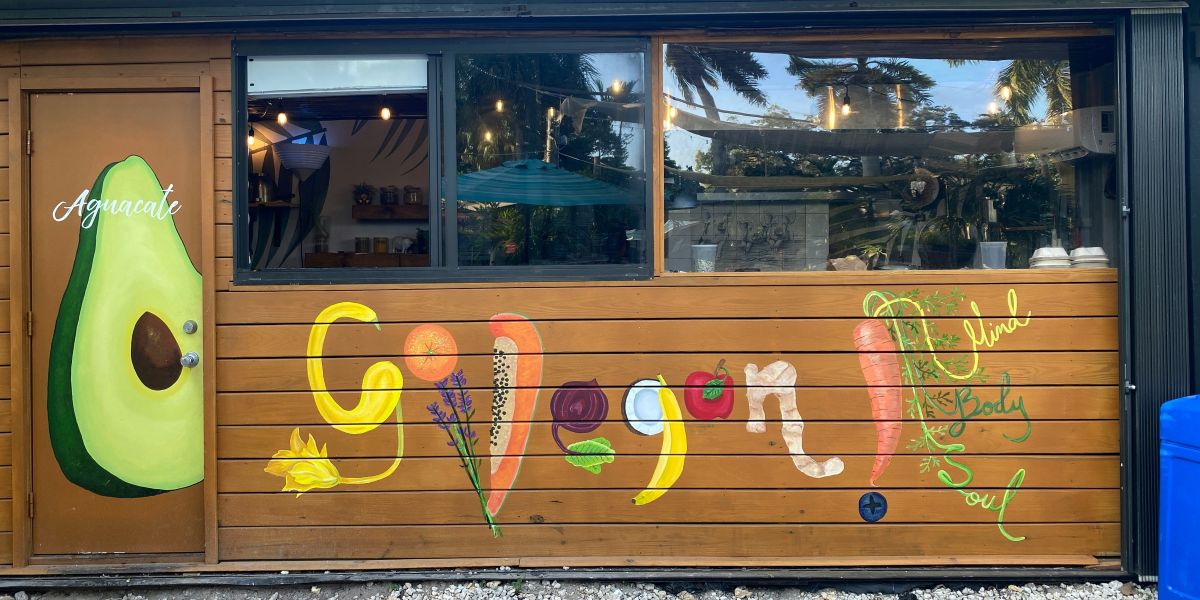As more people explore healthier and more sustainable lifestyles, vegan meal plans have gained traction for their emphasis on plant-based nutrition and ethical eating. Whether you’re a seasoned vegan or just beginning to explore the idea, understanding what a vegan meal plan involves can make the transition smoother and more enjoyable.
Here’s an overview of what a vegan meals plan entails, how it’s commonly structured, and why it might be a worthwhile option for many.
What Is a Vegan Meal Plan?
A vegan meal plan is a structured approach to eating that excludes all animal products, including meat, dairy, eggs, and honey. Instead, it centres on plant-based foods like vegetables, fruits, grains, legumes, nuts, and seeds. These plans are generally designed to provide all the essential nutrients your body needs, while also aligning with the values of the vegan lifestyle.
Rather than simply eliminating animal-based foods, a balanced vegan meal plan often includes a wide variety of nutrient-dense ingredients, which can help ensure that you feel satisfied and energized throughout the day.
Benefits of Following a Vegan Meal Plan
Health Advantages
A well-thought-out vegan diet has been associated with a reduction in the risk of heart disease, high blood pressure, type 2 diabetes, and some types of cancer. It is typically higher in dietary fibre and antioxidants, while also being lower in saturated fat and cholesterol.
Environmental Impact
Plant-based diets tend to have a smaller carbon footprint and use fewer natural resources when compared to diets that are heavy in meat. By adopting a vegan meal plan, individuals can potentially contribute to reducing greenhouse gas emissions, as well as conserving water and land.
Ethical Considerations
For many, veganism reflects a desire to minimize harm to animals. A vegan meal plan supports a lifestyle that avoids animal exploitation and promotes cruelty-free choices.
What Does a Vegan Meal Plan Typically Include?
A vegan meal plan is often divided into breakfast, lunch, dinner, and snacks, all centered on plant-based ingredients that meet nutritional needs.
Breakfast Ideas
- Overnight oats with almond milk, chia seeds, and seasonal fruit
- Smoothie bowls with blended banana, spinach, and plant-based protein powder
- Whole grain toast topped with avocado, tomato, and hemp seeds
Lunch Options
- Chickpea and quinoa salad with lemon-tahini dressing
- Lentil and sweet potato stew
- Hummus wraps with greens, cucumber, and roasted capsicum
Dinner Meals
- Stir-fried tofu with broccoli and brown rice
- Vegan pasta with lentil bolognese
- Vegetable curry with coconut milk served over basmati rice
Snack Suggestions
- Trail mix with dried fruit and almonds
- Sliced apple with peanut butter
- Roasted chickpeas
Tips for Sticking to a Vegan Meal Plan
Start Simple
If you’re new to plant-based eating, it can be helpful to start with familiar meals and swap out animal products for vegan alternatives. For example, you can use plant-based milk in your cereal or replace meat in stir-fries with tofu or tempeh.
Plan Ahead
Meal planning can help reduce the stress of figuring out what to eat each day and can help ensure you’re staying on track nutritionally. You might find it helpful to prep meals in advance or keep staple ingredients stocked in your pantry.
Balance Your Nutrition
It’s important to ensure that your plan includes a good balance of protein, fibre, and healthy fats. Be sure to include iron-rich foods like legumes and leafy greens, and consider fortified products for vitamin B12 and calcium.
Stay Inspired
To keep things exciting, try experimenting with new recipes. Incorporating herbs, spices, and dishes from various cuisines can make your meals more enjoyable. Plant-based eating can be vibrant, flavourful, and deeply satisfying.
Common Challenges and How to Overcome Them
Nutrient Concerns
Some individuals may be concerned about potential nutrient gaps, such as with iron, B12, omega-3, or protein. These concerns can generally be addressed with thoughtful meal planning and, if needed, supplements.
Social Situations
Eating out or attending social events can feel challenging initially. You can plan ahead by reviewing restaurant menus or bringing a dish to share. Many restaurants now offer vegan-friendly options.
Time Constraints
Busy schedules can sometimes make meal preparation feel overwhelming. You might consider opting for simple recipes, preparing ingredients in bulk, or choosing pre-prepared meals when necessary.
Summary
Vegan meal plans can suit a broad range of individuals, whether you’re aiming for weight management, better energy levels, or a reduced risk of chronic illness. They can also be a great option for those who are committed to sustainability and animal welfare.
Whether you’re looking to enhance your health, support the environment, or simply explore new food options, a vegan meal plan can be a satisfying and practical choice to explore.
Disclaimer: This article is intended for informational purposes only and does not constitute medical advice. Individual nutritional needs and dietary requirements may vary. It is recommended to consult with a healthcare provider or a registered dietitian before making any significant changes to your diet, especially if you have underlying health conditions or specific nutritional concerns.


















